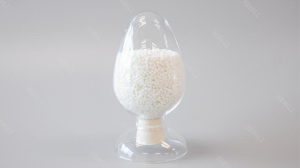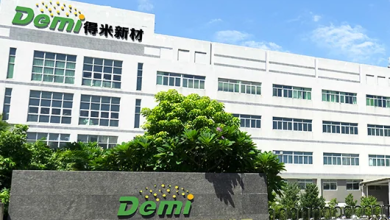Textile Yarn Revolution: How Hengli is Transforming the Business Landscape
Welcome to the future of textile yarn! In a time when industries are rapidly evolving, one company is leading the charge in transforming the business landscape. Hengli, with its groundbreaking innovations and unwavering commitment to excellence, is revolutionizing the way we think about textile yarn production. From cutting-edge technology to sustainable practices, join us on a journey as we unravel how Hengli’s visionary approach is shaping not only their own success but also paving the way for a brighter and more sustainable future for all.

Introduction to Hengli and its Textile Yarns
Hengli is one of the leading textile yarn manufacturers in the world. The company produces a wide range of yarns for use in a variety of applications, including apparel, home furnishings, and industrial textiles. Hengli’s yarns are known for their exceptional quality and performance, and the company has earned a reputation for innovation and excellence in the textile industry.
Sustainability in the Textile Industry with Hengli
The textile industry is one of the most polluting industries in the world. The fashion industry is also the second most wasteful industry in the world, after oil.
There are companies working to change this. Hengli is one of them. Hengli is a company that has been working on sustainability in the textile industry for years. Since then, they have continued to innovate and lead the way in sustainable textile production. Hengli is leading the way in sustainable textile production and is helping to create a more sustainable future for the entire industry.
Conclusion
Hengli’s innovative textile yarn technology is revolutionizing the way many businesses manufacture and produce their products. Their commitment to sustainability and environmental awareness has allowed them to create high-quality, eco-friendly materials that are both durable and cost effective. As more companies become aware of this revolutionary technology, it will be interesting to see how the production landscape changes in response.

